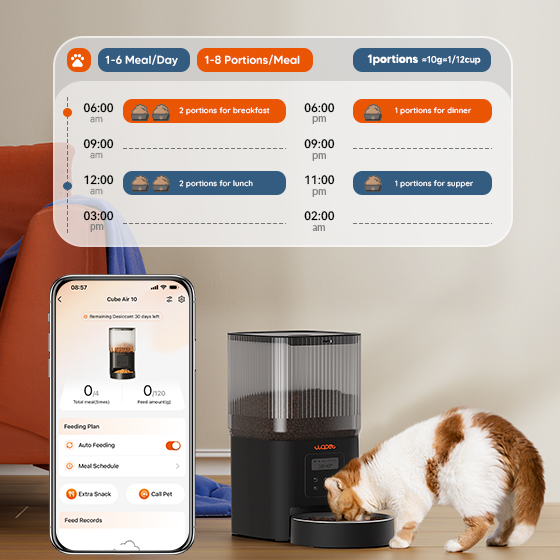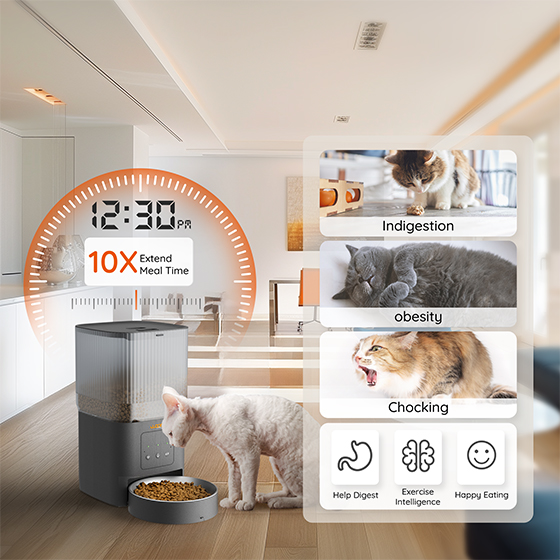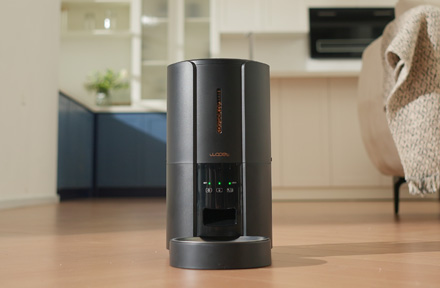May 15, 2024
Author:Lisa Martinez
Dogs are known for their loyalty and predictable behavior patterns, which makes any deviation from the norm particularly noticeable. Understanding these unusual behaviors is crucial for dog owners, as they can sometimes indicate underlying issues. This article explores ten possible reasons why your dog might be acting weird, providing insights into what these signs might mean and how to address them.
If your furry friend is acting out of character, it's important to consider a range of possibilities. Here are 10 potential reasons why your dog might be acting weird:
Various health problems, such as digestive issues, infections, or neurological disorders, could cause your dog to exhibit unusual behavior. Signs to watch for include changes in appetite, lethargy, or unusual movements. It's crucial to consult a vet if you notice any persistent changes in behavior to rule out serious health issues.
Dogs can experience anxiety and stress due to environmental changes, such as moving to a new home, or stimuli like loud noises or separation from owners. To alleviate stress, maintain a calm environment, provide secure spaces for your dog, and consider anxiety-reducing products like calming collars or noise-canceling crates.

A change in diet can significantly affect your dog’s behavior. New foods may cause digestive upset or changes in energy levels. When transitioning to new food, do so gradually by mixing it with the old food in increasing proportions to allow your dog’s system to adjust.
Insufficient physical activity can lead to pent-up energy and stress, manifesting in destructive or hyperactive behavior. Ensure your dog has regular, varied exercise that suits their breed and age to help them remain balanced and happy.

As dogs age, they may experience cognitive decline similar to dementia in humans, leading to confusion and disorientation. Supporting an aging dog involves adjusting their environment to keep them comfortable and safe, and regular veterinary check-ups to manage any medical issues.
Without adequate mental stimulation, dogs can become bored, leading to behaviors like chewing, digging, or excessive barking. Interactive toys, training sessions, and puzzle feeders are great ways to keep your dog mentally sharp and engaged.

Sometimes, odd behaviors are a response to pain. Signs your dog may be hurting include limping, reluctance to be touched, or decreased activity. Regular vet visits are essential for early detection of conditions that could be causing pain.
Behavioral issues such as aggression, fear, or compulsiveness can also manifest in odd behaviors. Consulting a professional trainer or a veterinary behaviorist can provide strategies tailored to your dog’s specific issues, helping them to lead a happier life.
Changes in the environment like weather fluctuations or the addition of new household members can disrupt your dog’s routine. It's important to introduce changes gradually and give your dog time to adjust, ensuring they feel secure despite the shifts.

Dogs often learn that certain behaviors will gain them attention from their owners. It’s important to differentiate between behaviors that need addressing and those that are harmless bids for attention. Positive reinforcement can help shape desirable behavior without inadvertently rewarding the bad.
Weird behaviors in dogs can stem from a variety of sources. By understanding these reasons and responding appropriately, you can ensure your dog maintains a healthy, happy life. Observing any changes and maintaining a good relationship with your veterinarian are crucial steps in caring for your canine friend. Additionally, incorporating tools like the WOpet automatic pet feeders can aid in creating a stable and stress-free environment for your dog, promoting overall well-being.
WOpet smart feeder connects effortlessly to your 2.4GHz network, allowing you to control your pet's feeding routine directly from your phone using the “WOpet Life” APP. With the ability to set up to 6 meals per day and track feeding logs, it ensures your pet gets the right amount of food at the right time.

The slow feed mode helps prevent health issues like bloating, overeating, and obesity by dispensing food at a controlled pace. You can also manage food aggression and train your pet for calmer meal times. Personalize your pet's meal plan to meet their specific health needs and preferences, and even feed them snacks remotely.

Popular Post

What to Feed a Sick Dog With No Appetite? [2025 Guide]
May 16, 2023

Troubleshooting Common Issues with Automatic Pet Feeders: Tips & Tricks for Pet Owners
Oct 26, 2023

Why Does My Cat Cough After Drinking Water? 8 Potential Reasons
Mar 13, 2023

Why is My Cat Throwing up Water? Top 5 Causes Here
Feb 08, 2023

My Cat Only Eats A Little at A Time - What to Do?
Feb 27, 2023
$99.99
$129.99
Copyright © 2025 WOPET. All Rights Reserved.